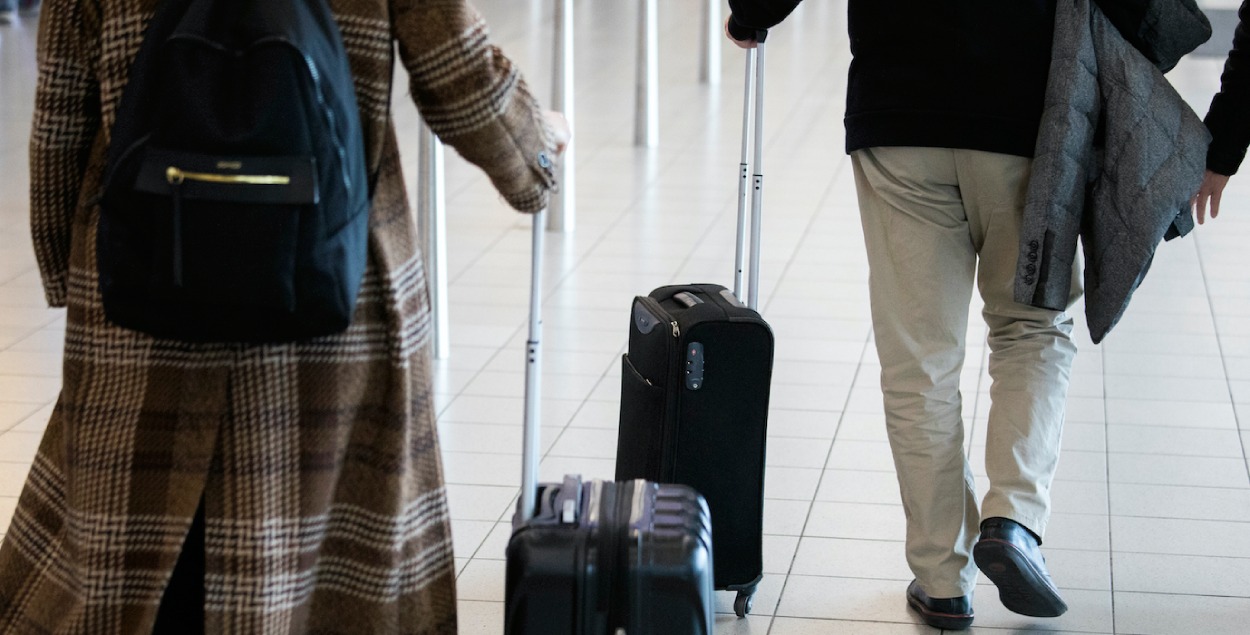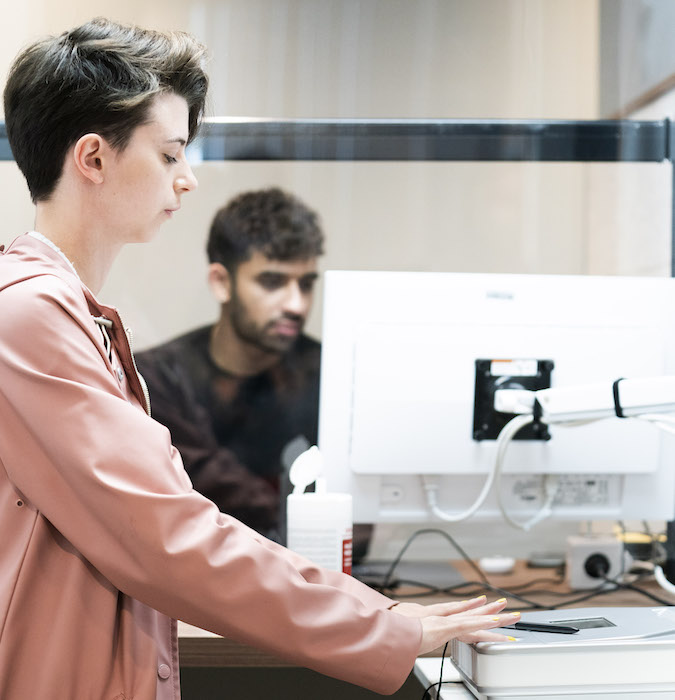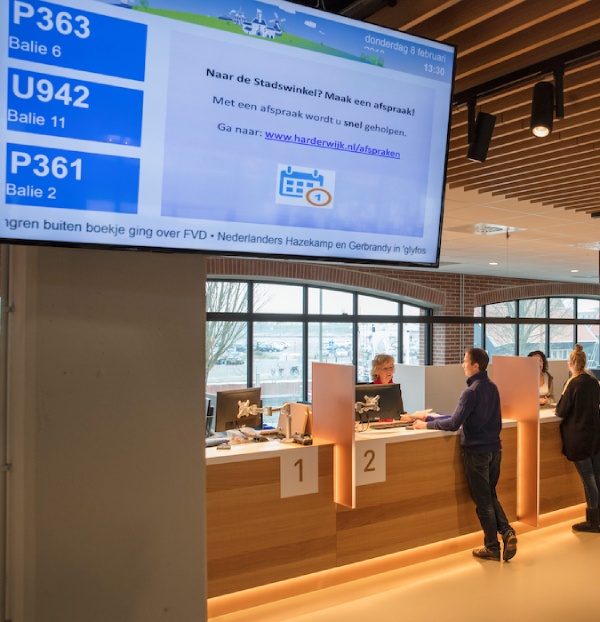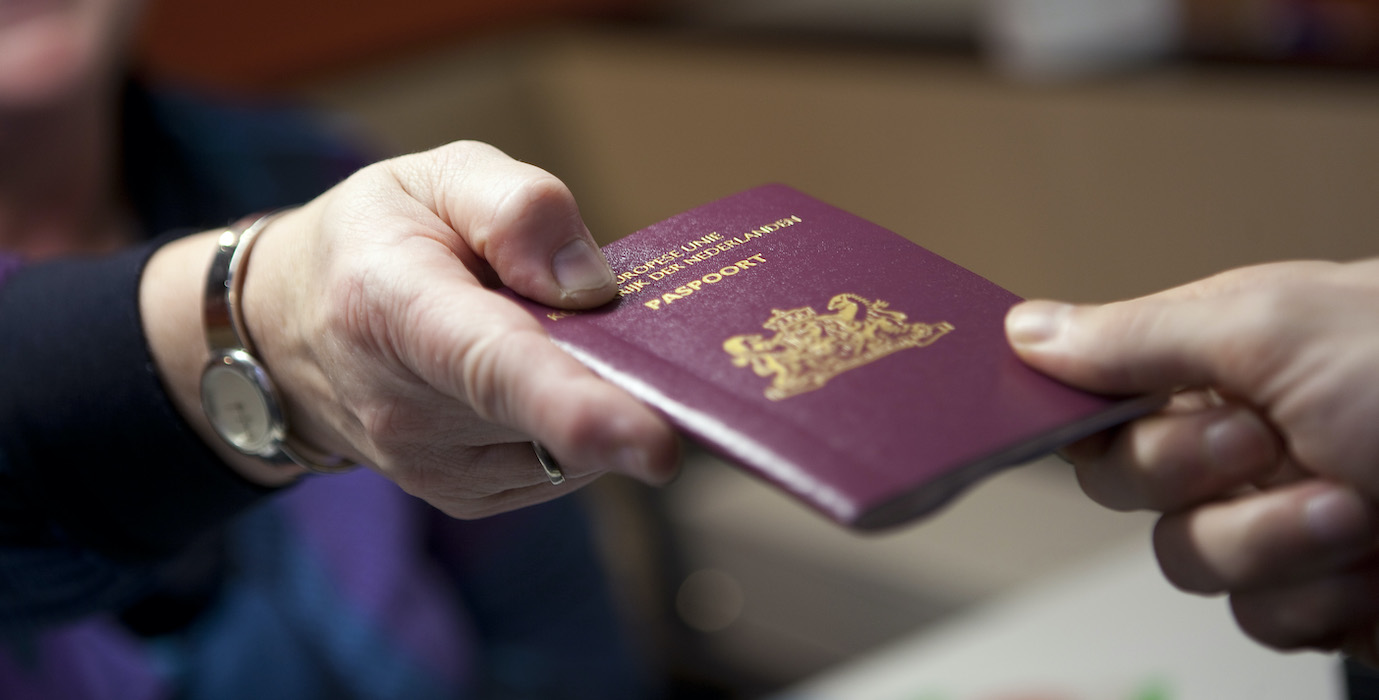Applying from abroad
Quickly go to
- Finding the right residency permit
- Highly skilled migrant permit
- Residency permits vs work permits vs visas
- Legalising documents
- Before moving
- Relevant website

If you’re a citizen of the European Economic Area (EEA) or Switzerland, you’re in luck. You’re free to live and work in the Netherlands, and only need to go through a few formalities before coming here. If you’re a non-EEA citizen, there’s a bit more paperwork involved. But don’t worry: the government has several special schemes in place to make it easier for highly skilled migrants and entrepreneurs to move to the country.
Of course, the application process differs depending on your nationality and specific situation. Do you want to set up your own business? Are you marrying or married to a Dutch person or in a civil partnership with one? Or are you looking for the next step in your career? There are many factors that determine which residence permit you need and if you need a work permit. Find more information here.
You’ve completed your higher-level education and/or you’re earning above a certain income. That means you may be eligible to apply for a highly skilled migrant residency permit. Read more about the conditions and the application process at the website of Netherlands Point of Entry.


This is where it gets a little complicated. The Netherlands requires an entry visa for citizens from some countries: a Schengen visa for a short stay (less than 90 days) and an MVV visa for a long stay (more than 90 days). In addition, all non-EEA citizens need a residency permit. Some residency permits don’t require a separate work permit while others do. For regular paid employment, a combined application for a permit to live and work must be submitted – called the TEV or GVVA. No work permit is required for other residency permits such as those for highly skilled migrants, startup founders or researchers. For a complete list of special schemes, visit the guidance webpage of our Immigration and Naturalisation Service.
Note: applying for a residency and/or work permit is official business, and as such needs to be carried out at a Dutch embassy or consulate in your country. If there isn’t an embassy in your country, you’ll need to visit a neighbouring country. Find a Dutch embassy near you.
In most cases, when you’re moving to the Netherlands, the IND will ask for legalised documents– like birth or marriage certificates. These documents need to be translated by a sworn translator in English, German, French or Dutch, and they might have to be certified even further. For more information on the requirements that apply to your situation, visit our government’s website.

Do you want to get to know the Netherlands better before officially deciding to move here? That makes total sense. Depending on your nationality, you can simply travel here or apply for a short-term visa (the Schengen visa), which grants access to the Netherlands and many other European countries for 90 days. Either way, we hope to welcome you shortly – whether it’s for a quick visit or you’re in for the long run. Welkom in Nederland!